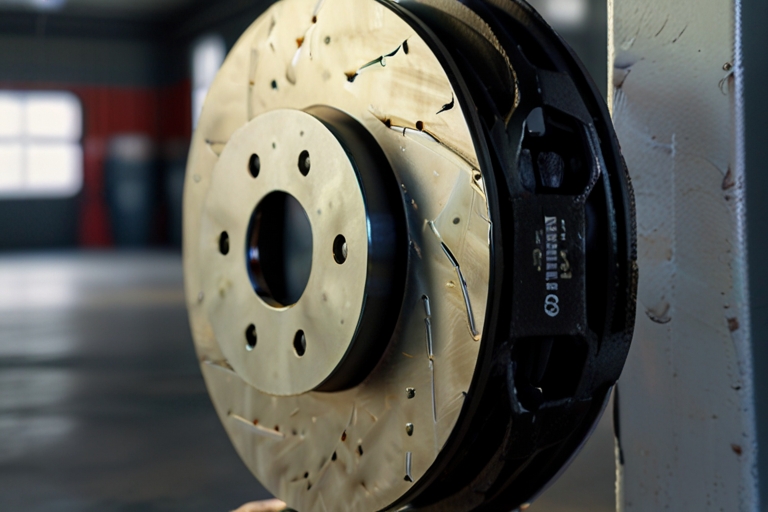Brake pads are very essential because they are used in a vehicle brake system for slowing down and stopping the vehicle. Understanding the optimal time for brake pad renewal is essential not only for maintaining proper braking efficiency but also for keeping the vehicles on the road as safe as possible. Here’s a guide on how often brake pads should be replaced in a car:Here’s a guide on how often brake pads should be replaced in a car:
Monitoring Wear: Brake pads are made of durable materials that wear out over time commonly due to rubbing against the brake rotors. It is recommended to keep a constant watch on the brake pads’ thickness in order to identify when they need to be replaced.
Visual Inspection: It is extremely easy to visually inspect most break pads as they have wear indicators that make this task simple. It is also advisable to look at the brake pads through to the wheel spokes or remove the wheels to gauge the thickness.
Thickness Threshold: While no exact measurement can determine when brake pads are worn out, it’s a good idea to have them replaced when there is only three millimeters (about 1/8 of an inch) of brake pad material left. The value of the wear threshold for each particular brake pad may vary thus a person needs to contact the manufacturer of the particular brake pads in order to know the specific wear threshold value.
Driving Habits: Brake pads may wear out at a faster rate depending on usage and weather among other conditions. Brake pads need to be replaced more often if used for frequent stop-and-go driving or if the car is frequently attached to the trailer or gets it on often in the hilly terrain.
Warning Signs: There are a few tell-tale signs that will tell you that your brake pads are beginning to wear out, such as if they are squealing or grinding, the brakes are not working as well as they should, or if the pedal feels like it is vibrating when you push it down. The following signs can tell you that the brake pads are close to the end of their service life and need to be changed.
Regular Maintenance: Another thing that you can do is scheduling of brake pad inspection alongside other vehicle maintenance. It is also recommended that one should check the brake pads at oil change and tire rotation events to find out if it is in good condition.

